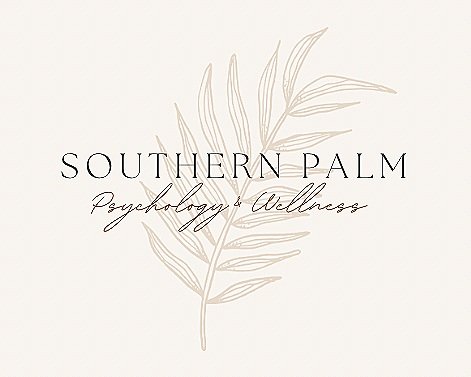Unlocking the Superpower of Mother-Daughter Connection
As a psychologist working closely with teen girls, I’ve had the privilege of joining them on their journey through the beautiful and chaotic stage of adolescence. From friendship breakups and snap chat drama to that first kiss and time when moms’ words lifted spirits or landed like an emotional punch—I get to witness it all.
Even though I've spent years diving into the world of child and teen psychology, the most eye-opening lessons didn't come from books or classes. The real nuggets of wisdom unfold within the special relationship between mothers and daughters. When that connection is a positive one, it's like having a superpower—it can actually shape her emotional well-being for years to come.
Attachment: The Heart of Connection
In the psychology world, this mother-daughter superpower is called “attachment”. The healthiest style of attachment forms when your daughter can freely explore and learn while knowing they have a safe and secure base to return to. In other words, they have the opportunity to try something new, maybe mess it up, and return back to you for comfort—without fear of judgement.
Creating a Partnership Through Collaboration
So how can we build that strong bond with our daughters? First and foremost, ditch the idea that it is our job to mold her future or create a flawless human. Instead of sticking to old-school-parenting approaches, let’s shift towards a more collaborative partnership with our daughters. She isn’t looking for constant instruction; she needs a guide, a judgement free zone, a fellow problem solver, and a cozy place to land when she makes the inevitable mistake. This is where the magic of connection happens.
Listening versus Lecturing
Next on the list: Let’s put our listening skills to work. And instead of lecturing, we should be asking questions. Imagine this scenario – your daughter strolls in with a disappointing test score. The knee-jerk response might be to dispense well-intentioned advice or lay down some rules. Yet, in this partnership journey, a different approach is needed.
Listen, really listen, without any hint of judgment, to their take on what went down. How are they feeling about that test grade? Transform into a collaborative problem-solver, not a rule enforcer. Dive into the nitty-gritty: "What happened with studying?" "What could be done differently this week? Can I lend a hand?" And now that less-than-stellar test score becomes a chance to strengthen your bond with your teen.
Celebrating Individuality
Mamas, remember that our daughters will inevitably disappoint us. After all, we are human, and we enter into motherhood with our attachment styles and ideas about who we hope our children to be. Most of the time, our daughters will not be those versions we crafted in our minds and we have to be okay with that. You don’t like her pink hair or the music she listens to? Let it go. Celebrate her quirks.
The Healing Power of Apology
And don’t panic! If you hit a rough patch with your daughter, you can always rebuild the connection. Did you happen to lose your cool? That’s okay. The good news is we can build connection through apology. Apologizing to your teen when you mess up is a huge component of creating a secure attachment! Saying something like, “I messed up, I shouldn’t have yelled. I’m sorry,” sends a powerful message. It tells her that her emotions are important to you, that she holds value, and helps her trust that you’re a safe haven she can rely on.
Embrace, Learn, Grow
So, the moral of the story? Embrace your teen for who they are, quirks and all. Let them know you're their partner, their ally on this adventure. You will both mess up on this journey together but rest assured that the mess ups and the I’m sorrys are equally as important as the joyful moments.
As a little exercise, ponder this: what did you yearn for from your own mother during your teenage years? Your answer might just provide the compass you need as you forge a partnership with your own daughter.
In Partnership with Hurdles in Heels
